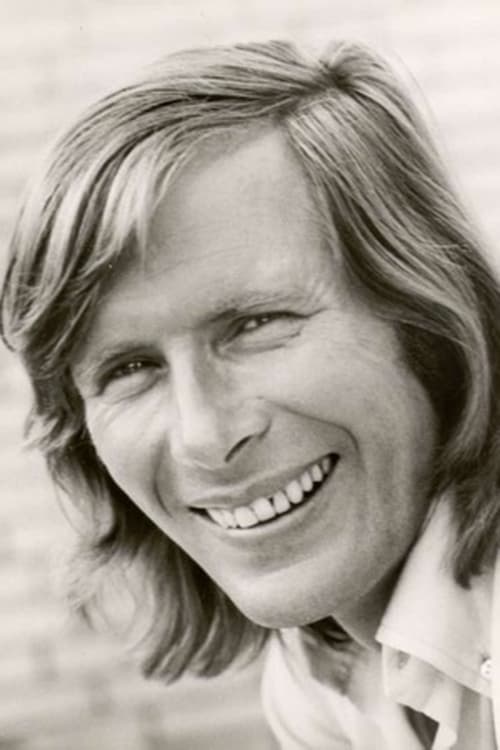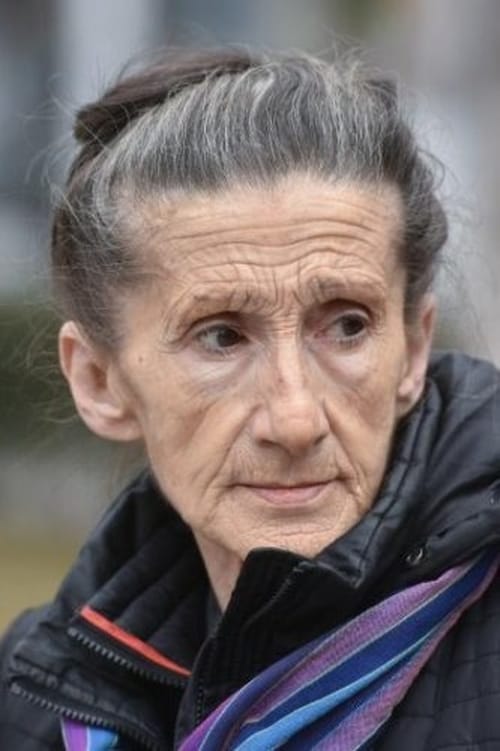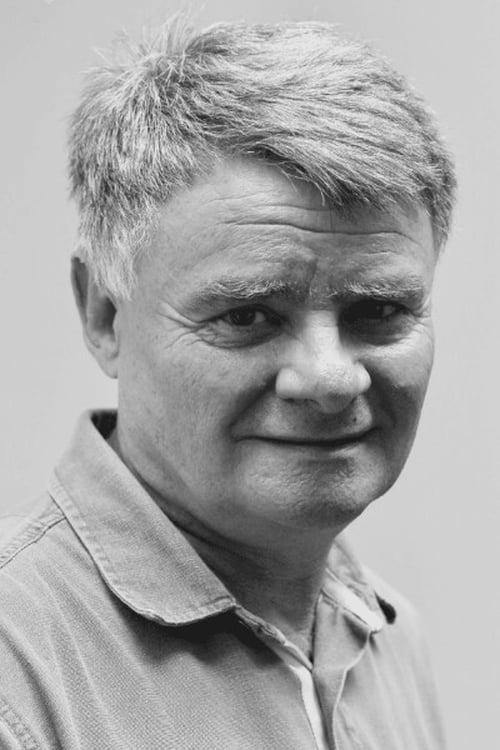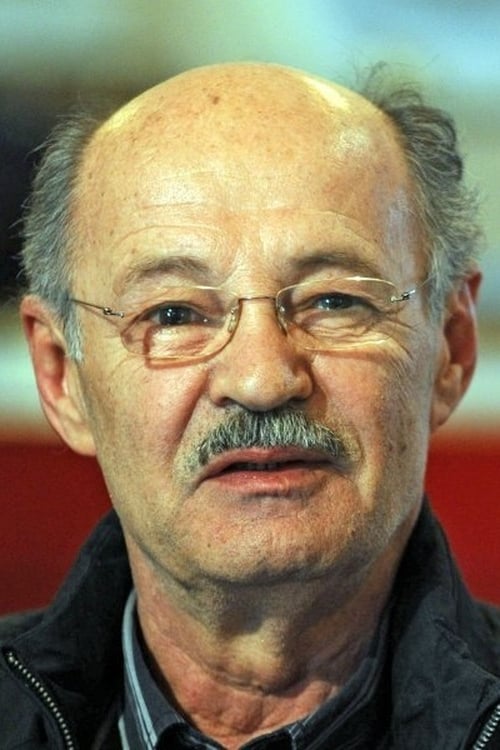Vukovar: The Way Home (1994)
Gênero : Guerra
Runtime : 1H 39M
Director : Branko Schmidt
Sinopse
The story follows a group of Croatian refugees who have been forced to leave their hometown of Vukovar by Serbian forces during Croatia's struggle for independence. The people are settled at a railway station in a village near Vukovar, where they live in a train which is adapted to serve as a temporary accommodation.The situation grows dim as the date of their return proves to be uncertain, and the lives of the survivors and refugees becomes more and more complicated being burdened by PTSP and strong feelings of hope to return to their homestead.
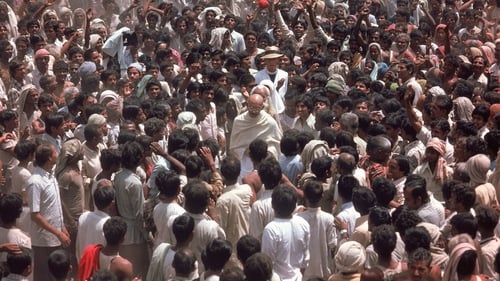
África do Sul, início do século XX. Após ser expulso da 1ª classe de um trem, o jovem e idealista advogado indiano inicia um processo de auto-avaliação da condição da Índia, que na época era uma colônia britânica, e seus súditos ao redor do planeta. Já na Índia, através de manifestações enérgicas, mas não-violentas, atraiu para si a atenção do mundo ao se colocar como líder espiritual de hindus e muçulmanos.
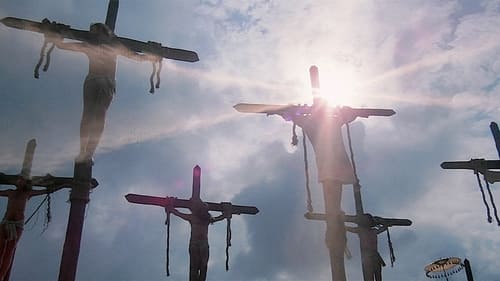
A produção é uma sátira aos filmes bíblicos e à intolerância religiosa. Na Palestina do ano 1 d.C., três reis magos trazem presentes à mãe de Brian, confundindo-o com Jesus que nasceu no mesmo dia, na manjedoura ao lado. Brian, depois de crescido, engaja-se em um dos muitos grupos revolucionários que se opõem ao domínio romano. Após tentar seqüestrar a mulher de Pôncio Pilatos com seu grupo, ele é visto como Messias pela uma multidão, ávida por lideranças religiosas.
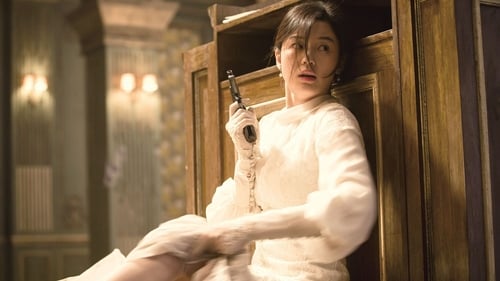
Jeon Ji Hyun vive um franco-atirador que estava aguardando uma sentença de morte em Xangai, mas foi libertado por um agente secreto do governo, interpretado por Lee Jung Jae, famoso pelo filme The Face Reader. Eles iram unir forças com outros lutadores, incluindo um pistoleiro chamado Hawaii Pistol, interpretado pelo ator Ha Jung Woo, para lutar pela independência da Coréia.
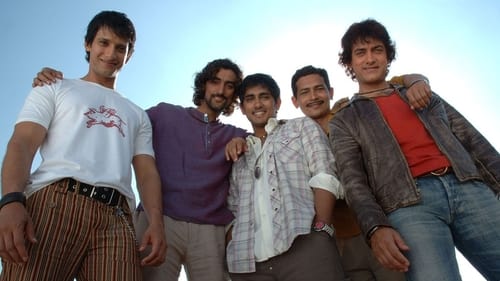
Uma cineasta inglesa escala um grupo de atores estudantes para seu drama documental sobre a revolução da Índia contra o domínio britânico na década de 1920. (e 16 - Estimado 16 Anos)
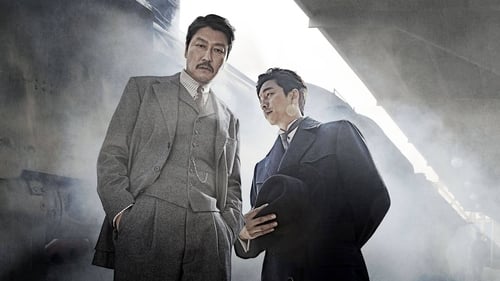
Década de 1920. Durante a ocupação japonesa da Coreia e da China, guerreiros pela independência enfrentam policiais e agentes secretos japoneses tentando contrabandear explosivos pela fronteira e utilizando meios violentos para alcançar os seus objetivos.
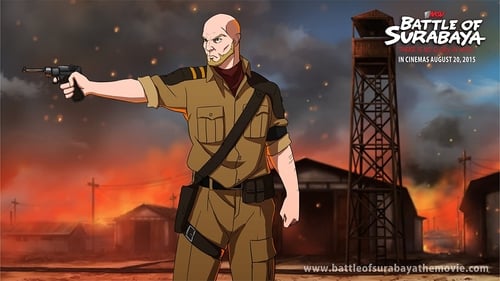
Musa, who is only a thirteen-year-old shoe shiner, undergoes destiny through his adventure of waging war during the war time. Will he manage to bring peace among the troops who keep on fighting for nothing?
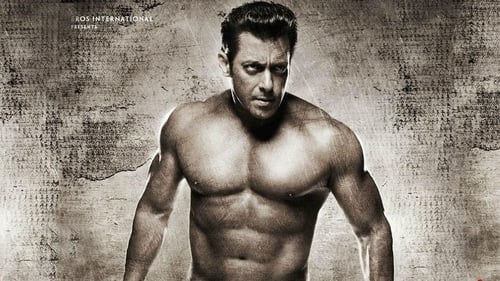
Jai (Salman Khan), um homem comum justo está lutando uma guerra solitária contra a corrupção e a injustiça. Honesto e incorruptível, ele faz de sua missão ajudar tantas pessoas quanto ele puder. Seu mantra é muito simples - ajudar alguém e , em seguida, solicitar que a pessoa ajude outras pessoas - formando assim um círculo crescente de pessoas que se ajudam.
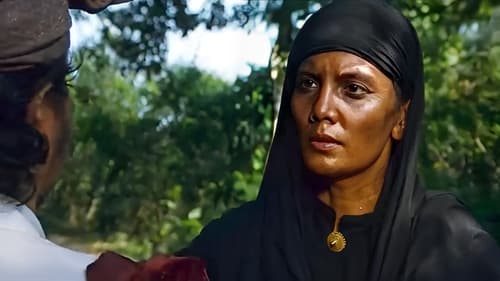
Set in 1896, "Tjoet Nja' Dhien" celebrates one of Indonesia's great heroes who fought for independence from the Dutch. The pious Muslim people of Aceh, a city that had flourished since ancient times as a trade port, enter into a fierce war with the Dutch. Tjoet Nja' Dhien, the widow of a rebel leader operating in Aceh in Sumatra, assumes the leadership when her husband Teuku Uma is killed in an ambush. Dhien's charismatic presence and power of survival motivate the locals to join and later continue their opposition to the Dutch. Despite personal obstacles, she remained in the thick of the struggle for ten years.
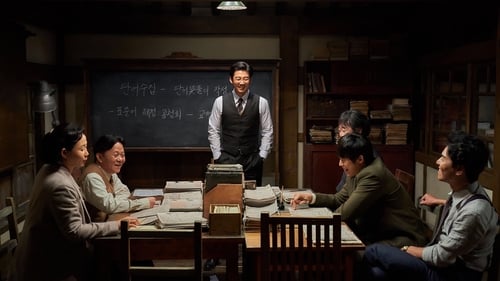
During the Japanese occupation of Korea, the Japanese Empire seeks to eradicate the Korean language and identity. In retaliation, a small group of Korean patriots try to protect their language by compiling the first Korean language dictionary.
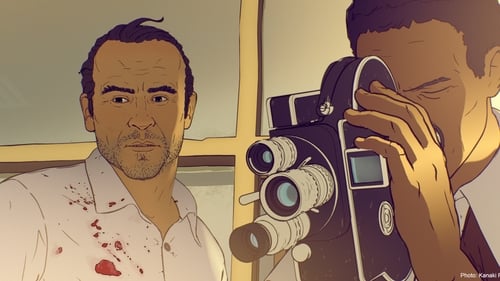
No Verão de 1975, Ryszard Kapuscinski, um dos maiores repórteres de guerra do século XX, é enviado para Angola, numa altura em que os portugueses estão em debandada e os movimentos de libertação se envolvem numa guerra civil sem tréguas. De uma Luanda transformada em cidade fantasma sitiada, até à fronteira sul à beira da invasão sul-africana, Kapuscinski é uma testemunha ímpar do nascimento conturbado de um novo país.
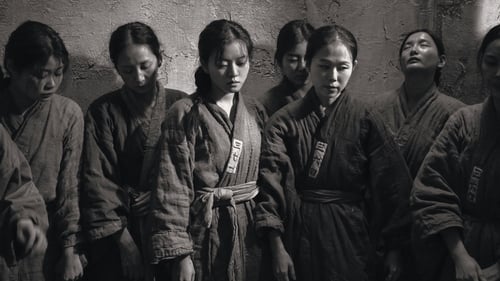
17-year-old Yu Gwan-Sun participates in the Korean independence movement. The country is under the rule of Japan, which annexed the country in 1910.
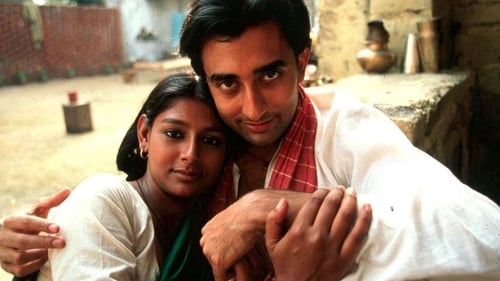
It's 1947 and the borderlines between India and Pakistan are being drawn. A young girl bears witnesses to tragedy as her ayah is caught between the love of two men and the rising tide of political and religious violence.
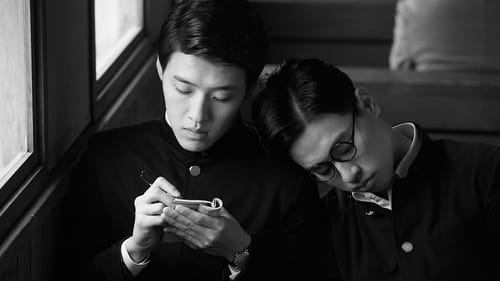
Based on a true story, renowned Korean poet, Yun Dong-ju, is detained and abused by the Japanese for participating in the Korean Independence Movement.
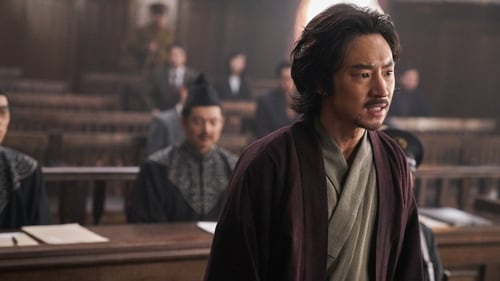
Based on the life of the Korean anarchist Park Yeol, the film shows his struggle to counter the massacre of Koreans by the government during the 1923 great Kanto earthquake, focusing on his activities as the leader of the anti-Japanese organization Bulryeongsa and his relationship with Japanese comrade Fumiko Kaneko.
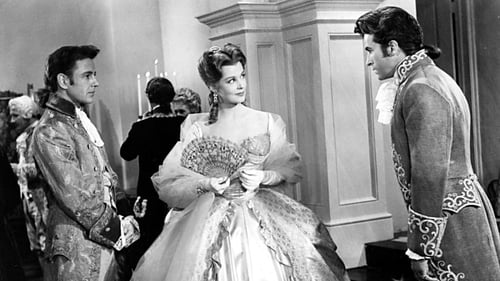
Lamas plays an indentured servant who rises to power in Georgia shortly after the Revolutionary War.

After the breaking of mass movements in 1971., the student Ilija Baric must leave the country because of his political beliefs, and his father Luka lost a job and goes to work to Germany. After Titos death in 1980. there is a new political motion, but repression is still strong. That feels even decennial John, the brother of Ilija, who is in love with Marina, the daughter of the Head of the police and Communist Andrew.
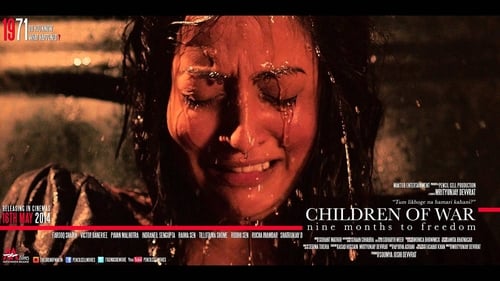
Children of War is a movie based on the true events of the 1971 Genocide. Can we, in search of power, become animals? A genocide; neglected! The first use of rape as a weapon of war; undocumented! The lives of millions; unaccounted! The culprits; unpunished!

Dois judeus ortodoxos voltam a um vilarejo na Hungria, em agosto de 1945. O povoado teme que sejam herdeiros dos judeus deportados do lugar, representando uma ameaça aos bens adquiridos ilegalmente na guerra.

A film about short-lived Slovenian war of independence.


